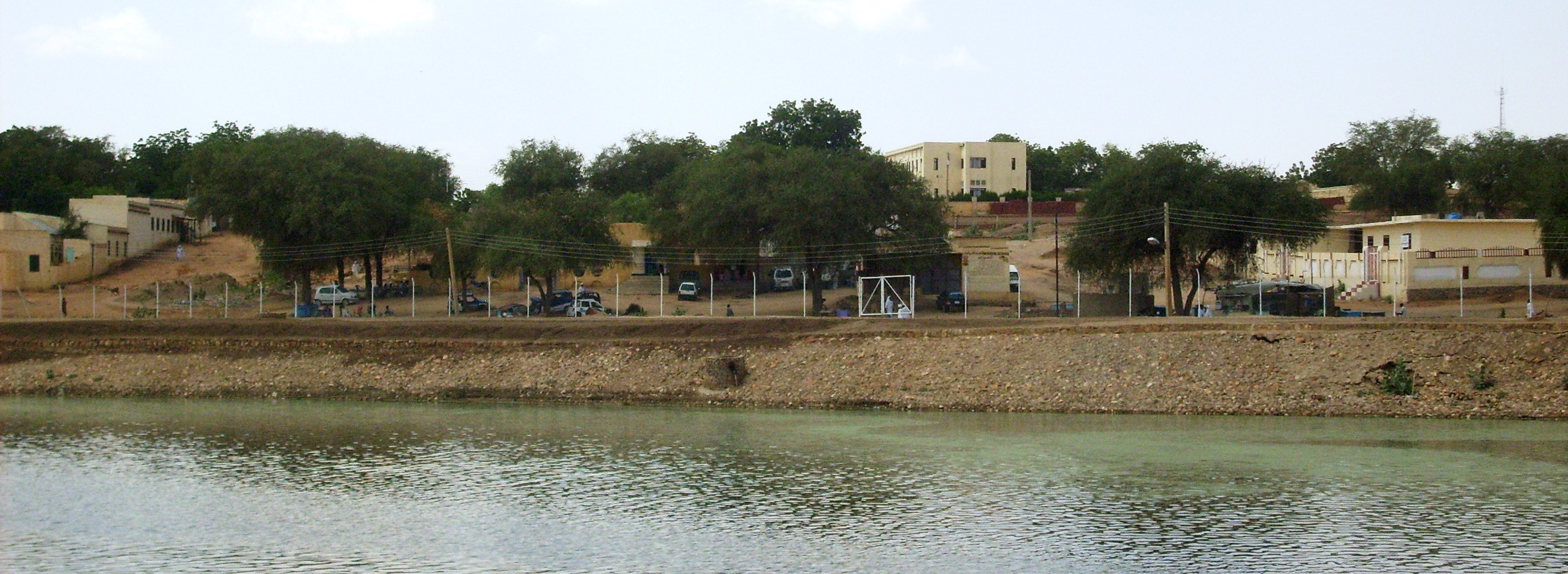North Sudan
Description
Knowledge, Attitudes and Practices (KAP) study was conducted in 2008 jointly with the Household health expenditure in 15 Northern states communities of Sudan and these include KAP study results that were used by planners and decision makers to harmonize the software and hardware components, as well as the sustainability of the WASH systems.
UNICEF intended to carry out KAP study in Sudan in 18 states to pull together the views and feedbacks from the beneficiary communities on WASH services. In response to the request for proposals, North South Consultants Exchange (NSCE) submits the following proposal to implement the intended KAP survey which will outline our understanding of UNICEF’s requirements for this study and our proposed approach to conducting said study in order to ultimately determine the current knowledge, attitudes and practices relating to water, sanitation and hygiene of women, children (age) and men in WASH programme communities.
Project Objectives:
- The overall objective of the assignment was to determine the existing knowledge, attitudes and practices relating to water, sanitation and hygiene of women, children and men in WASH programme communities.
Services
- Literature review: reviewed all the project documents and other relevant reports.
- Develop Conceptual framework and instruments
- Field team training: Carried out training programme for field research team on the quantitative and qualitative research technique, field survey implementation and management as well as quality control.
- Data Collection through:
- Quantitative survey: implemented through interviewing 402 households among the population of the three target governorates.
- Qualitative survey: consisted of eleven focus group discussions with the households in the project’s target areas.
- Community Mapping: a community mapping exercise was conducted in the project’s target villages to understand the characteristics and needs of the target communities.
- Data analysis: which included: data entry and analysis of the quantitative survey through data analysis tool (SPSS); the tabulation of the data collected in the focus group discussions and in-depth interviews.
- Reporting which includes:
- Preparing the inception report;
- Extensive statistical analysis of the quantitative data results;
- Tabulation and interpretation of the qualitative data results;
- Reporting on and presenting the study outcome


